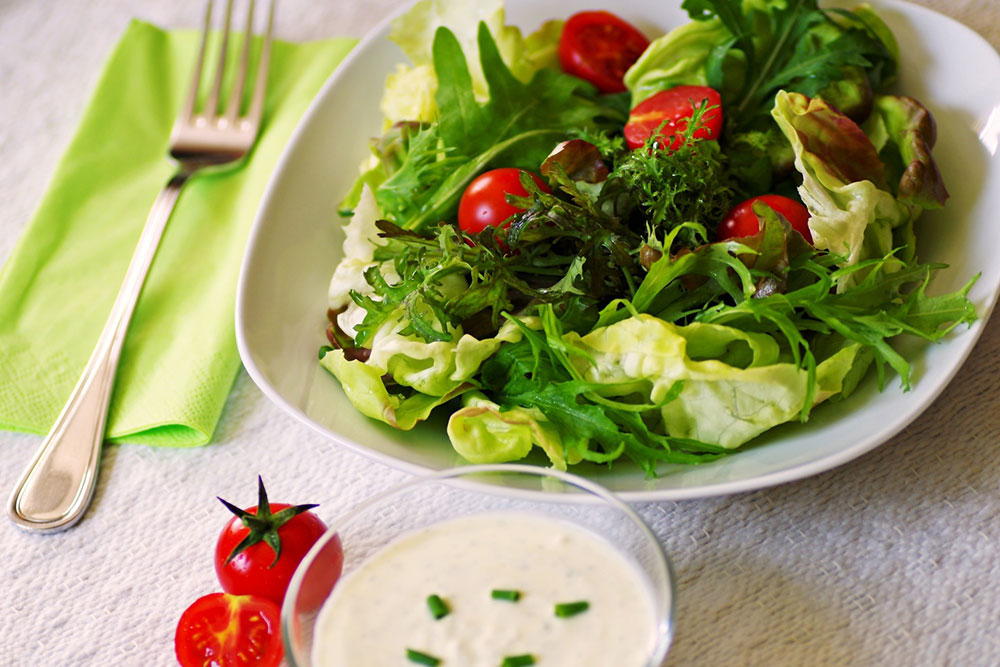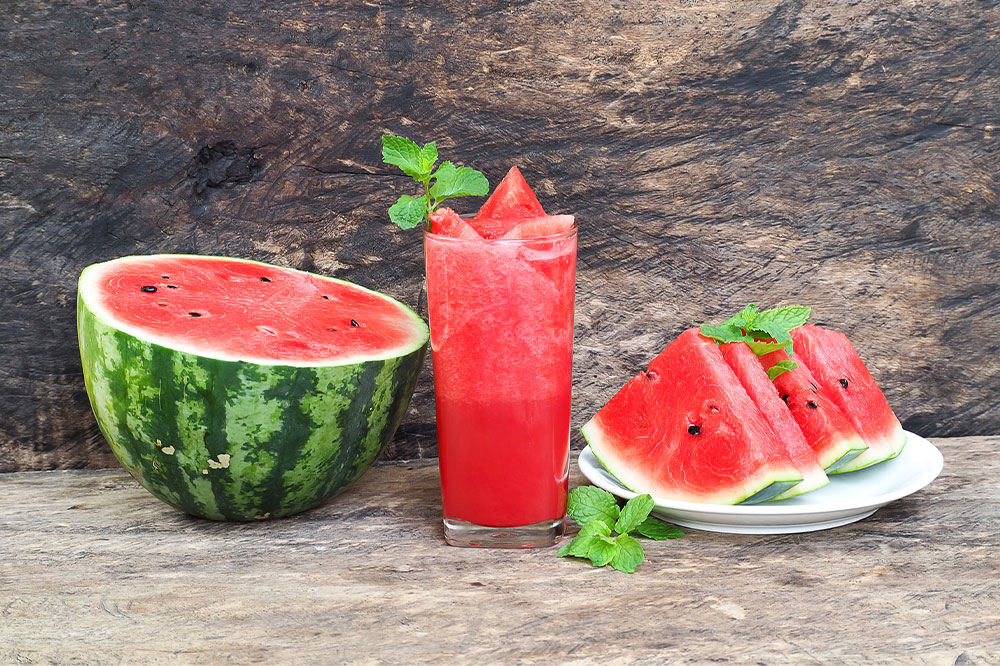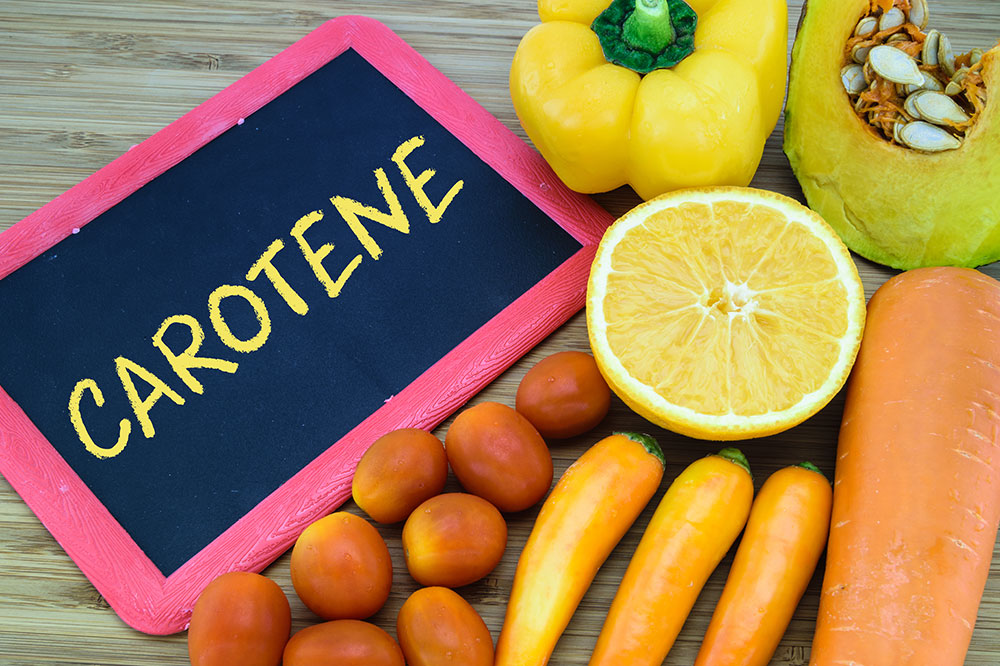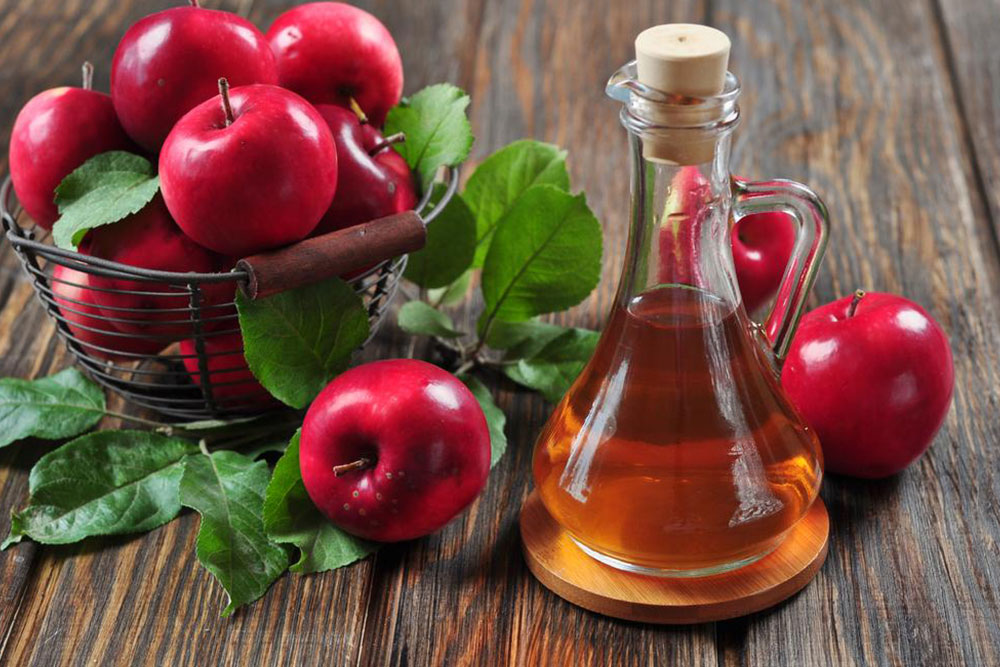Comprehensive Nutritional Strategies for Supporting Breast Cancer Patients
Discover comprehensive nutritional strategies tailored for individuals battling breast cancer. Emphasizing organic produce, balanced fats, and whole grains, this guide helps support immune health, manage weight, and reduce risk factors associated with breast cancer. Learn how to optimize your diet with practical tips and food choices that bolster your body’s defenses and improve overall well-being during treatment and recovery.

Comprehensive Nutritional Strategies for Supporting Breast Cancer Patients
Nutrition plays a vital role in overall health and has a significant impact on the body's ability to fight and recover from illnesses such as breast cancer. While there is no single diet that can completely prevent breast cancer, adopting certain nutritional habits can help bolster the immune system, improve overall health, and potentially reduce the risk of development or recurrence. Emphasizing a balanced diet rich in natural, high-quality foods supports cellular health and can contribute positively to the disease management process.
One important aspect of dietary choices is selecting organic produce when possible. Organic fruits and vegetables are cultivated without synthetic pesticides or fertilizers, reducing the risk of harmful cellular changes caused by chemical residues. Incorporating a variety of colorful vegetables, fresh fruits, legumes, and whole grains into your daily meals not only provides essential nutrients but also aids in maintaining a healthy weight. Maintaining a healthy weight is particularly crucial, as excess body fat has been associated with increased estrogen levels, which may promote the growth of certain breast cancer types.
Research underscores the importance of dietary patterns during adolescence. Studies suggest that teenage girls following high-fat diets during puberty may have a higher susceptibility to breast cancer later in life, even if they are not overweight. The consumption of excess fats and calories can increase estrogen production, which in turn may stimulate abnormal cell proliferation within breast tissue. While the precise link between diet and breast cancer remains under active investigation, current evidence advocates for mindful eating habits as part of a comprehensive cancer prevention strategy.
Recommended Dietary Choices for Breast Cancer Support:
Fruits and Vegetables: Aim to incorporate at least five servings of fruits and vegetables into your daily diet. These foods are rich in antioxidants, vitamins, and phytochemicals that possess anti-estrogenic and anticancer properties. Cruciferous vegetables such as broccoli, cauliflower, cabbage, kale, and Brussels sprouts contain compounds called glucosinolates that may activate detoxification enzymes and protect against carcinogens. Opt for whole fruits rather than fruit juices or dried fruits, as these retain fiber and contain fewer calories, helping to control weight and support gut health.
Healthy Fats: Consume healthy fats in moderation, limiting the intake to less than 30 grams per day. Focus on sources of omega-3 fatty acids like fatty fish—including salmon, sardines, and mackerel—which have anti-inflammatory effects and may inhibit cancer cell growth. Reduce intake of saturated fats, primarily found in red meats, butter, and full-fat dairy. Avoid trans-fats commonly present in processed baked goods, margarine, and snack foods, as they are linked to inflammation and heart disease. Consider alternative options such as lean poultry or plant-based oils like olive and flaxseed oils.
Dairy Products: Choose organic, non-fat or skim dairy options whenever possible to benefit from nutrients like conjugated linoleic acid (CLA). Organic dairy minimizes exposure to synthetic hormones and antibiotics, which are often used in conventional dairy farming. Incorporate fermented dairy products such as yogurt and kefir, which contain probiotics beneficial for maintaining a healthy gut microbiome, supporting immune function and digestion.
Wholesome Snacks: Instead of processed snacks, opt for nutrient-dense options like cut bell peppers, baby carrots, plain fat-free yogurt, and a handful of raw almonds. These choices provide essential vitamins, fiber, and healthy fats while limiting added sugars and artificial ingredients that can contribute to inflammation and weight gain.
Whole Grains: Incorporate whole grains such as oats, brown rice, whole wheat bread, and barley into your diet. Using whole grain flour in baking increases fiber intake, which aids in lowering cholesterol levels, stabilizing blood sugar, and promoting a feeling of fullness. Whole grains also support digestive health and help prevent constipation, which is vital for maintaining overall well-being during cancer treatment or recovery.
In conclusion, adopting a diet centered around nutrient-dense, minimally processed foods can be a powerful tool in supporting breast health and overall wellness. Combining these nutritional strategies with regular physical activity, routine medical checkups, and stress management can improve quality of life and potentially influence disease outcomes positively.





